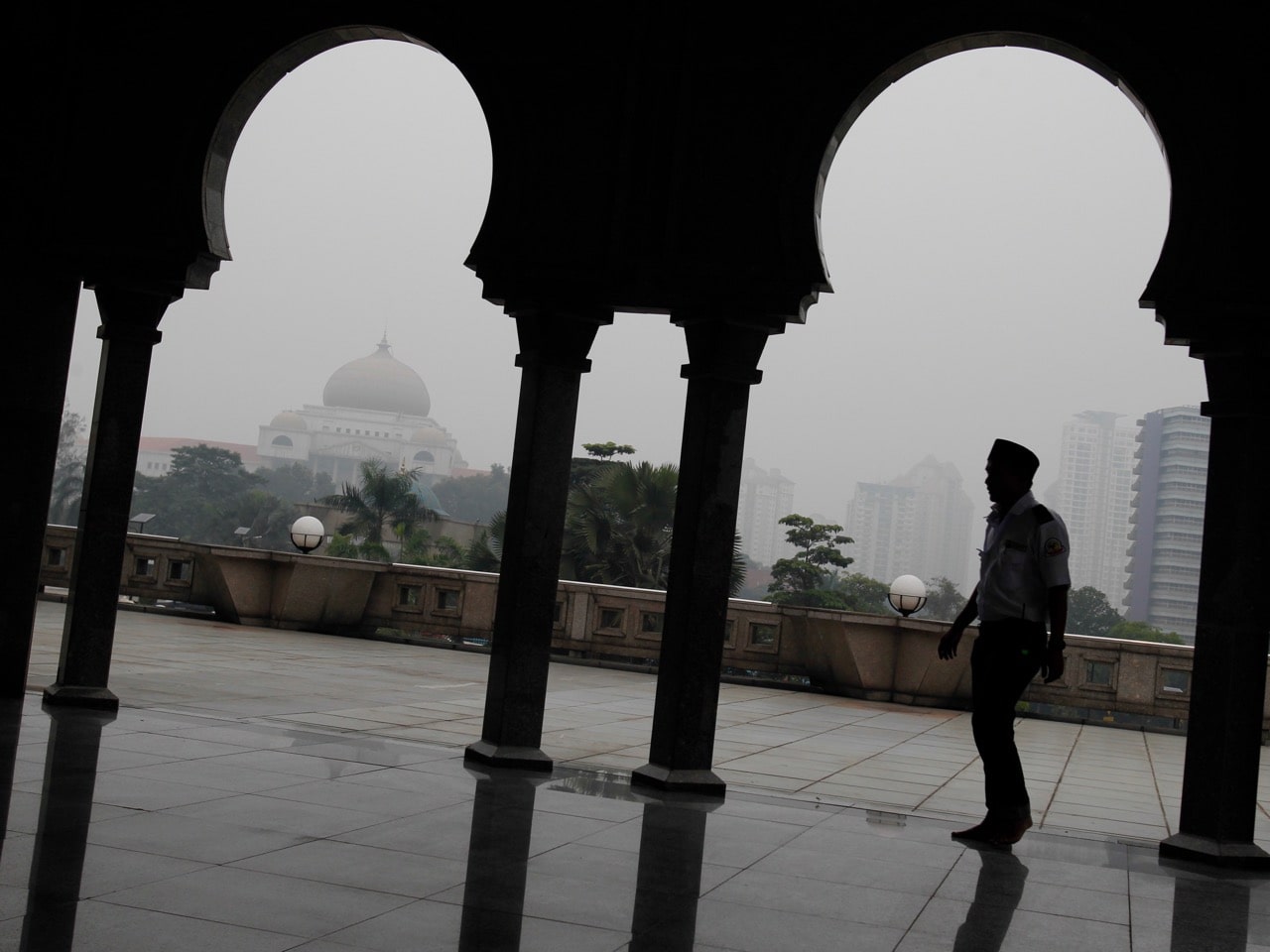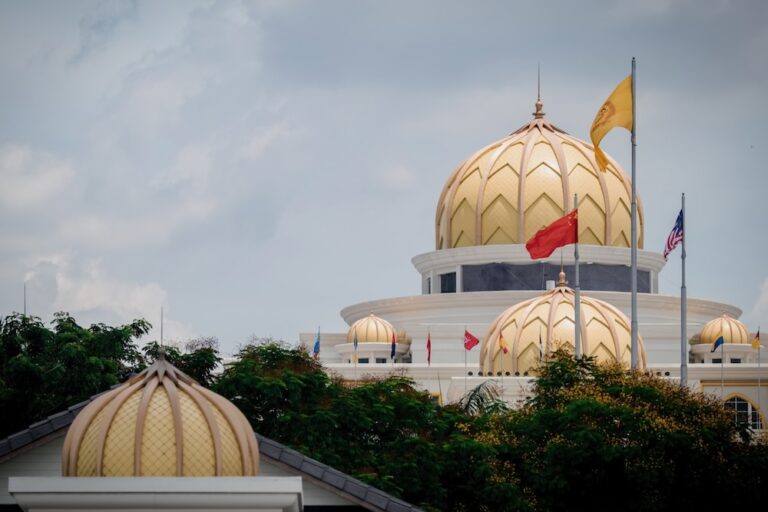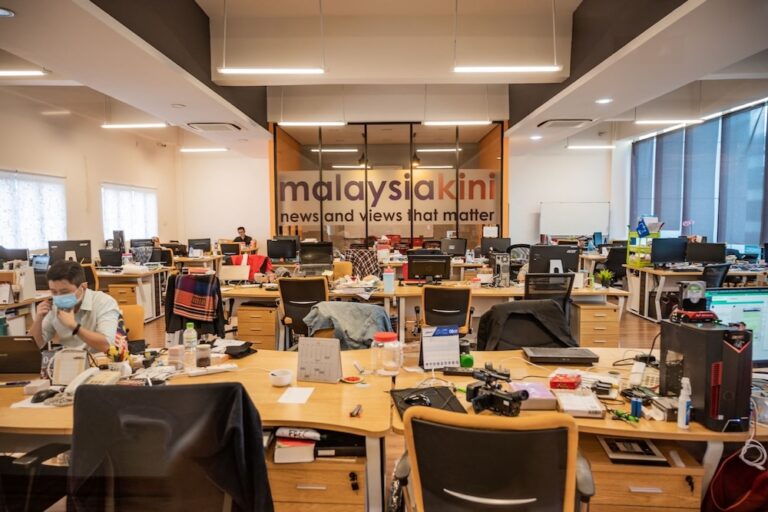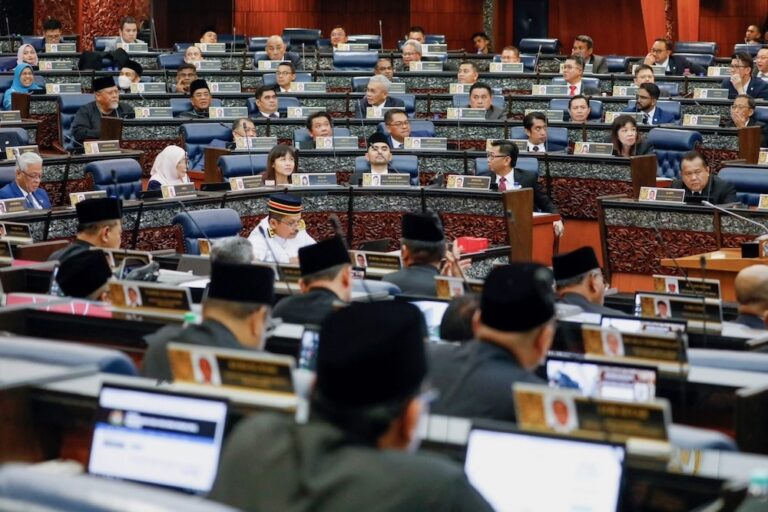It has been a tough year for politicians and activists in Malaysia. But it may have been even harder for regular Malaysians with an opinion and a social media account.
This statement was originally published on hrw.org on 12 October 2016.
Malaysia’s prosecutions of peaceful speech over the past year have spread beyond activists and politicians to ordinary citizens on social media, Human Rights Watch said today in a new report. The government’s actions signal an ever-broadening crackdown on freedom of expression and assembly in the country.
The 40-page report, “Deepening the Culture of Fear: The Criminalization of Peaceful Expression in Malaysia,” documents the government’s recent use of overbroad and vaguely worded laws to criminalize peaceful speech and assembly. Since Human Rights Watch’s October 2015 report, “Creating a Culture of Fear,” the Malaysian government has done little to bring these laws and practices in line with international legal standards. Instead, the government has suggested it will strengthen statutes limiting speech on social media and other rights-offending laws.
“Criminalizing peaceful speech appears part of the Malaysian government’s larger effort to tighten the noose on anyone expressing political discontent,” said Phil Robertson, deputy Asia director at Human Rights Watch. “The authorities should cease prosecuting people for criticism or perceived ‘insults,’ and the government should urgently revise its laws to meet international free expression standards.”
The government has particularly sought to punish individuals who have criticized the administration of Prime Minister Najib Razak, commenting on the massive corruption scandal involving the government-owned 1 Malaysia Development Berhad (1MDB), or making comments on social media deemed “insulting” to Najib or to Malaysia’s royalty. The government has sought to discourage people from holding public assemblies and protests by deploying the country’s overly restrictive Peaceful Assembly Act. The government has also gone to great efforts to keep controversial information out of the public view, as seen in its use of the Official Secrets Act to shield reports on the 1MDB scandal from the public.
Among the cases Human Rights Watch documents in the report is that of artist Fahmi Reza, who is facing two criminal charges for posting on social media a clown-face image of Najib with white powder on his face, arched brows, and a blood-red mouth. In June 2016, a court sentenced Mohammed Amirul Azwan Mohammad Shakri, 19, to one year in prison under the Communications and Multimedia Act after he pled guilty to “insulting” the Sultan of Johor on social media. When he appealed his sentence as overly harsh, the court then ordered that he instead be sent to reform school until age 21 – a period of nearly two years.
Many of these cases update those from Human Rights Watch’s October 2015 report. For example, the government has advanced the prosecution of six charged under the Sedition Act for speeches made at a May 2013 forum protesting the outcome of the 2013 general election. Five have so far been convicted and sentenced. In each case, the prosecution pressed for significant prison sentences. In the most recent case, Tian Chua, the vice president of the opposition Parti Keadilan Rakyat (PKR), was convicted and sentenced to three months in prison and a fine of RM1,800 (US$433).
During the past year, the Malaysian government has also used the outdated and draconian Official Secrets Act to shield the Auditor General’s report on the 1MDB scandal – a matter of great public interest in Malaysia – from public view, and to prosecute an opposition member of Parliament who allegedly disclosed information from that report. Faced with new leaks of information regarding the 1MDB scandal, the government has also threatened to increase the penalties under the Official Secrets Act to life in prison.
Human Rights Watch reiterated its call for the Malaysian government to cease using criminal laws against peaceful speech and protests, and to bring its laws and policies into line with international human rights law and standards for the protection of freedom of expression and assembly.
“As Prime Minister Najib”s political fortunes fall, Malaysia’s intolerance of critical speech seems to rise,” Robertson said. “Malaysia’s future as a rights-respecting nation shouldn’t become hostage to defending the Najib government’s reputation.”
“Deepening the Culture of Fear: The Criminalization of Peaceful Expression in Malaysia” is available online.



